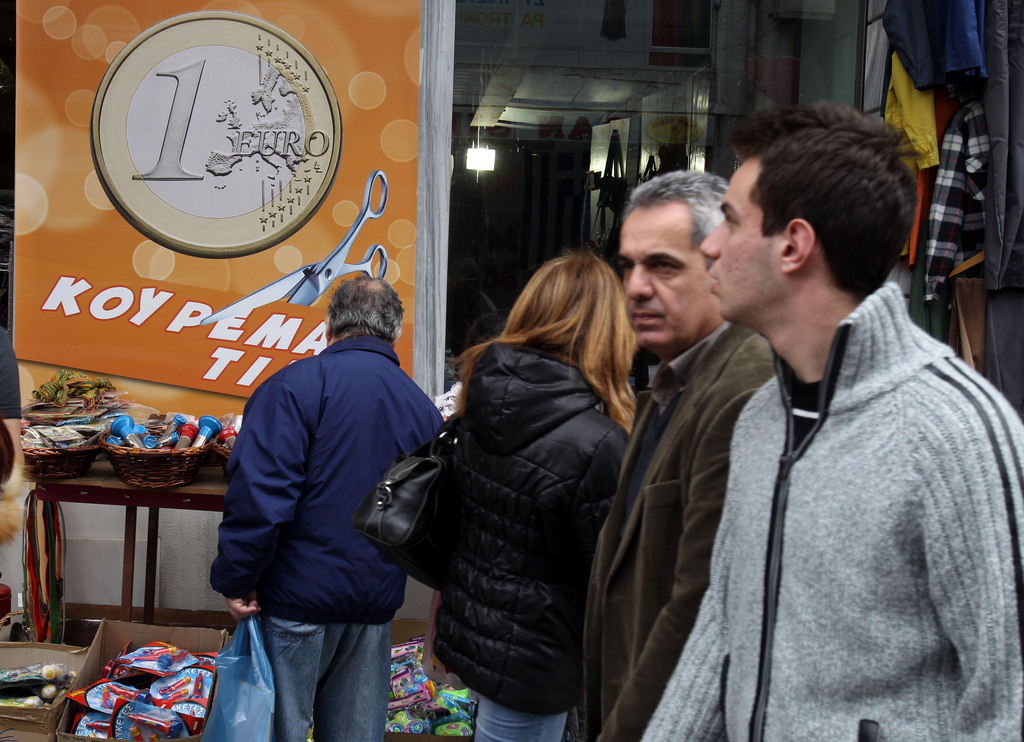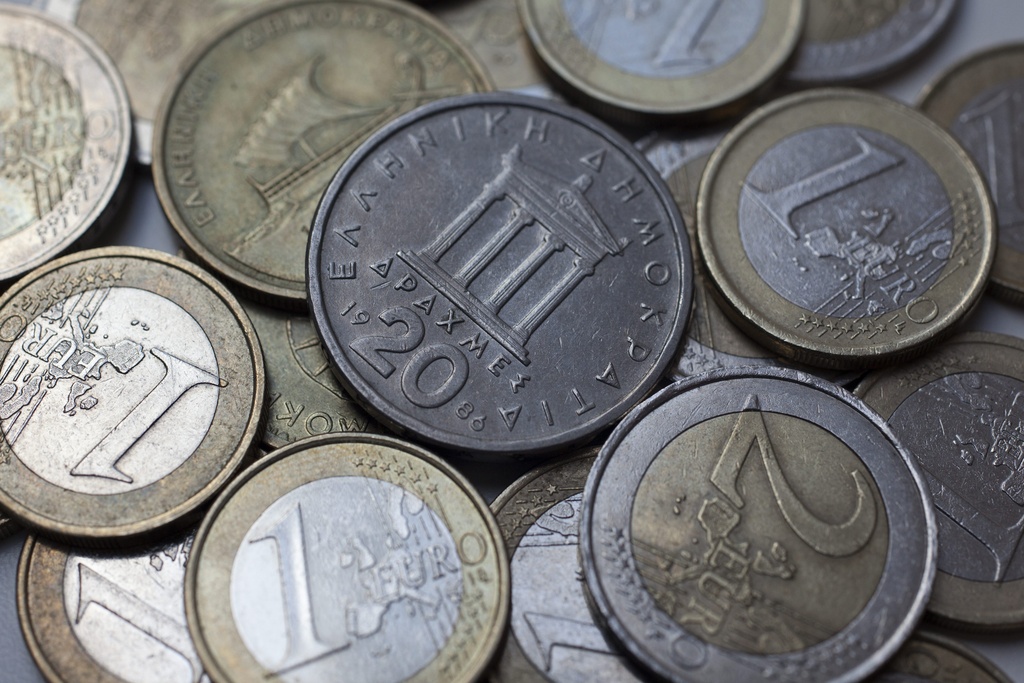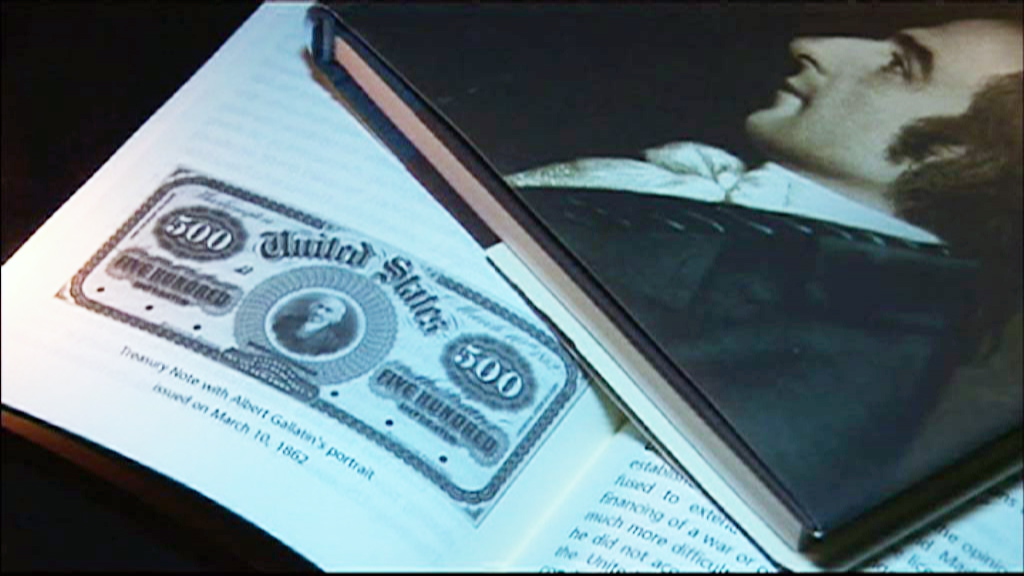Greek euro exit could devastate Swiss economy

Switzerland would be plunged into a two year recession if Greek voters effectively pull the plug on eurozone membership during Sunday’s general election, according to an economic think tank.
The Swiss economy would derail further if other states withdraw from the euro, BAK Basel has warned. In the worst case scenario, Swiss economic growth could lag four per cent behind its normal path in the next four years.
Faced with an unsustainable mountain of debt and rocketing unemployment, Greece was forced to impose savage public spending cuts and tax rises in exchange for a bailout last year.
The unpopularity of these measures led to a general election in May which failed to produce a clear government. Voters will return to the ballot boxes on Sunday to choose between the pro-bailout New Democracy party and the left-leaning Syriza party.
Syriza is not specifically advocating a return to the drachma, but its promise to tear up the bailout conditions could effectively result in the Greece leaving the euro.
Effects quantified
Many people fear that a disorderly Greek departure from the single currency would spread contagion to other debt ridden countries, such as Spain, Portugal, Italy and Ireland. The ultimate nightmare for Europe would be a mass euro exit, leading to a sharp economic slump coupled with panic in the financial markets.
The BAK Basel model assumes that the European Central Bank (ECB) and other institutions would be able to prevent total collapse of the eurozone, but that Switzerland would still sustain serious collateral damage.
While many economists have predicted the same scenario, BAK is the first forecaster to attempt to quantify the possible effects.
In the event that Greece is the only country to exit the euro, BAK believes that annual Swiss gross domestic product (GDP) would drop 1.1 per cent in the first year, record no growth in the next 12-month-period, but return to normal levels midway through the third year.
A complete eurozone break up would plunge GDP by 4.2 per cent in year one, followed by 3.6 per cent the next year. Economic output would then climb from such a low basis point, but four years after the crisis would remain four per cent lower than if the eurozone had remained intact.
Export drought
The biggest problem for the Swiss economy would be the drying up of export demand from its biggest trading partner, the European Union.
Swiss exports to the five peripheral countries make up 14 per cent of total goods and services traded abroad. But orders would be down from across the EU as the economic shockwaves spread.
“In the face of a eurozone recession, demand would also notably decline from far weightier trading partners such as Germany,” the BAK report reads, forecasting an 11.8 per cent decline in exports in the first two years of a eurozone break-up.
Swiss GDP would also be hit domestically as unemployment would rise, forcing consumers to spend less, the report adds.
Circling wagons
Responding to the growing worries over the European economy, Swiss Economics Minister Johann Schneider-Ammann on Friday released a three-year plan aimed at deflecting some of the eurozone woes away from the Swiss economy.
The government will focus on supporting economic output for the domestic market while at the same time paving the way for industry to break into emerging markets away from Europe.
Schneider-Ammann urged reforms for both the domestic health and agricultural sectors, as well as further belt tightening by the public sector to help Switzerland through a potentially rough patch.
Another internal pillar supporting the Swiss economy is the Swiss National Bank’s (SNB) SFr1.20 exchange rate floor against the euro. Despite having to spend SFr66 billion ($70 billion) in recent weeks to defend the euro peg, the SNB re-emphasised on Thursday its commitment to do whatever it took to stop the franc from gaining more ground against the single currency.
The SNB’s actions have drawn criticism from a small but vocal band of protesters – including rightwing politicians, financial experts, journalists and even a trade association representing small- and medium-sized enterprises – who are fearful of future hyperinflation.
In foreign hands
But the government’s resounding support of the SNB’s policy on Thursday appears to have reduced the growing catcalls to a murmur with some protagonists even backtracking from earlier statements.
Despite the relative strength of the Swiss economy and measures being taken to defend its future, Switzerland knows that it cannot hold back external tides forever.
With Spanish banks receiving a €100 billion (SFR120 billion, $120 billion) bailout this week and the cost of servicing Italian debt rising by the month, all eyes will be on the voice of Greek voters on Sunday.
One of Switzerland’s most respected economic think tanks has calculated the possible consequences of: a) Greece exiting the euro; and b) the exit of other peripheral euro countries.
GDP growth consequences of a Greek exit: -1.1% (year 1), 0% (y2), +1% (y3), 0% (y4).
GDP effects of a euro break-up: -4.2% (y1), -3.6% (y2), +1.9% (y3), +2.2% (y4).
Exports under Grexit: -1.4%, +0.4%, +0.4%, +0.1%.
Exports under eurozone break-up: -6.8%, -4.5%, +0.7%, +2.8%.
Jobs growth Grexit: -0.4%, -0.5%, +0.8%, 0%
Jobs growth break-up: -1.6%, -3.5%, +0.5%, +0.9%
Greece is the sick man of Europe, mired in so much debt that it cannot pay back what it owes without bailouts from the European Union and the International Monetary Fund.
Years of rampant state spending and inadequate tax receipts were exposed when the global financial crisis dried up the supply of cheap credit.
In the last two years Greece has been forced to accept €240 billion (SFr288 billion) in bailouts.
But the loans came attached with the condition that Greece introduced austerity measures, laying off public sector workers and slashing pay.
Faced with growing public opposition to the cuts, Greek Prime Minister Lucas Papademos stepped down in April after a brief six month tenure.
Greek national elections on May 6 failed to bring about a clear new leadership, with several attempts to form a coalition ending in failure.
A new election will be held on June 17 with both pro- and anti-euro parties apparently neck and neck. The result of the election will go a long way to deciding if Greece stays in the euro or not.

In compliance with the JTI standards
More: SWI swissinfo.ch certified by the Journalism Trust Initiative





You can find an overview of ongoing debates with our journalists here. Please join us!
If you want to start a conversation about a topic raised in this article or want to report factual errors, email us at english@swissinfo.ch.